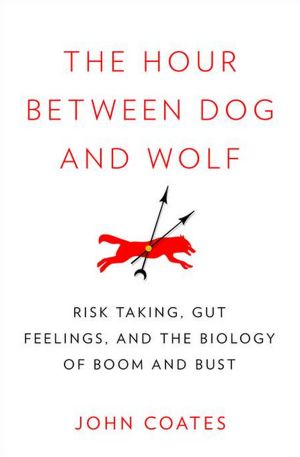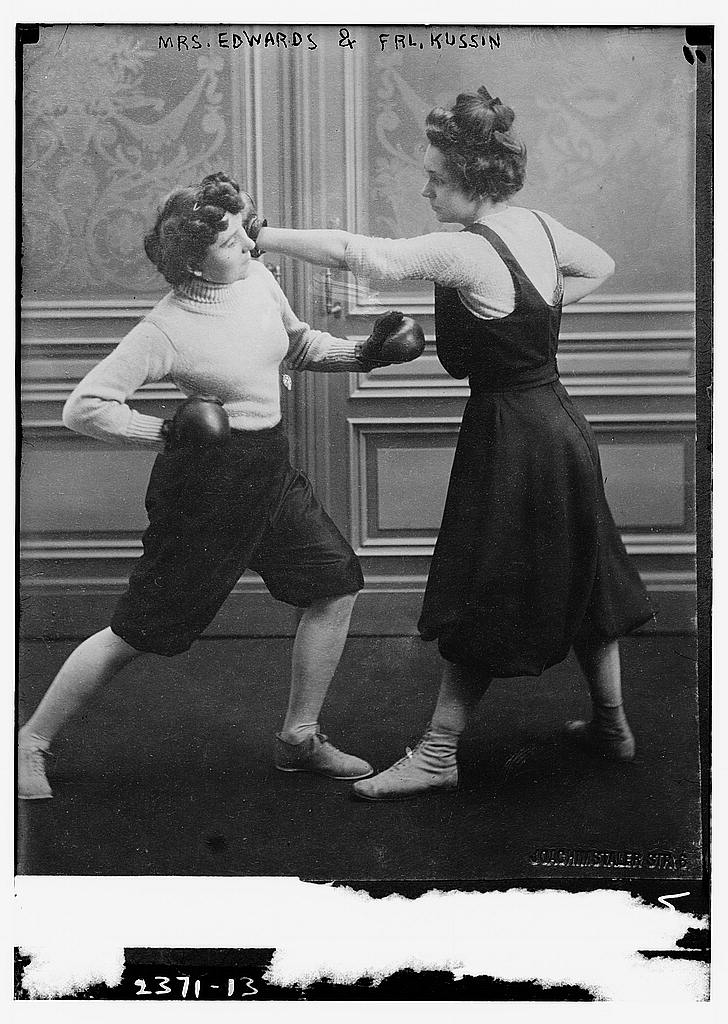Why Success Breeds Success: The Science of "The Winner Effect"
09 AUGUST, 2012 by Maria PopovaBiochemistry and the self-reinforcing upward spiral of winning.
 The past century of science has demonstrated the pivotal role of biochemistry in such human phenomena as love, attraction, and lust. But to consider that individual neurobiology might impact things as rational and complex as, say, stock markets seems rather radical. Yet that's precisely what trader-turned-neuroscientist John Coates explores in The Hour Between Dog and Wolf: Risk Taking, Gut Feelings and the Biology of Boom and Bust (public library) — an ambitious look at how body chemistry affects high-stakes financial trading, in which Coates sets out to construct — and deconstruct — a "universal biology of risk-taking."
The past century of science has demonstrated the pivotal role of biochemistry in such human phenomena as love, attraction, and lust. But to consider that individual neurobiology might impact things as rational and complex as, say, stock markets seems rather radical. Yet that's precisely what trader-turned-neuroscientist John Coates explores in The Hour Between Dog and Wolf: Risk Taking, Gut Feelings and the Biology of Boom and Bust (public library) — an ambitious look at how body chemistry affects high-stakes financial trading, in which Coates sets out to construct — and deconstruct — a "universal biology of risk-taking."
One particularly fascinating aspect of risk-taking has to do with what is known as "the winner effect," a self-reinforcing osmosis of the two key hormones driving the biochemistry of success and failure — testosterone, which Coates calls "the hormone of economic bubbles," and cortisol, "the hormone of economic busts." In traders — as in athletes, and in the rest of us mere mortals when faced with analogous circumstances — testosterone rises sharply and durably during financial booms, inducing a state of risk-seeking euphoria and providing a positive feedback loop in which success itself provides a competitive advantage. By contrast, the stress hormone cortisol spikes during financial downturns; traders with sustained high levels of cortisol become more risk-averse and timid, ultimately being less competitive.
Coates explains:
The euphoria, overconfidence and heightened appetite for risk that grip traders during a bull market may result from a phenomenon known in biology as the 'winner effect.'
[…]
Biologists studying animals in the field had noticed that an animal winning a fight or a competition for turf was more likely to win its next fight. This phenomenon had been observed in a large number of species. Such a finding raised the possibility that the mere act of winning contributes to further wins. But before biologists could draw such a conclusion they had to consider a number of alternative explanations. For example, maybe an animal keeps winning simply because it is physically larger than its rivals. To rule out possibilities such as this, biologists constructed controlled experiments in which they pitted animals that were equally matched in size, or rather that were equally matched in what is called 'resource holding potential,' in other words the total physical resources — muscular, metabolic, cardiovascular — an animal can draw on in an all-out fight. They also controlled for motivations, because a small, hungry animal eating a carcass can successfully chase off a larger, well-fed animal. Yet even when animals were evenly matched for size (or resources) and motivation, a pure winner effect nonetheless emerged.
An intriguing correlation, certainly, but what is the causal mechanism at work? Scientists have suggested that there are several elements at play: First, testosterone levels rise when animals face off, producing anabolic effects on muscle mass and hemoglobin, quickening reactions, improving visual acuity, and increasing the animal's persistence and fearlessness. Then, once the fight is over, the winning animal emerges with even higher levels of testosterone, and the loser with lower ones. Coates sums it up thusly:
Life for the winner is more glorious. It enters the next round of competition with already elevated testosterone levels, and this androgenic priming gives it an edge that increases its chances of winning yet again. Through this process an animal can be drawn into a positive-feedback lop, in which victory leads to raised testosterone levels which in turn leads to further victory.
So does this winner effect also occur in humans? Coates thinks so. He cites a study, in which researchers rigorously examined a database of 630,000 professional tennis matches and found that the winner of the first set had a 60% chance of winning the second one and, since the win in these matches comes down to the best of three sets, winning the match itself. (Anecdotally, a quick glance at Michael Phelps's Olympic scorecard would suggest a similar conclusion.)
The precompetitive surge in testosterone has been documented in a number of sports, such as tennis, wrestling and hockey, as well as in less physical competitions, such as chess, even medical exams. Winning athletes in sports experience a postgame spike in testosterone, suggesting that a positive-feedback loop is indeed the physiological substrate to winning and losing streaks. Incidentally, these testosterone-driven sporting victories appear to be more common when an athlete is on home turf, the so-called home-field advantage. Athletes on a winning streak may thus have a very different body chemistry than those on a losing streak. IN all these experiments, with both animals and humans, the winners experienced a self-reinforcing upward spiral of testosterone.
Tying the research back to the human condition itself, Coates puts it rather poetically:
We hold the keys to victory within us, but usually cannot find them.
The Hour Between Dog and Wolf goes on to examine how this intricate exchange of information between body and brain coalesces into what we call "gut feelings," reminding us that we are, after all, remarkable and complicated machines.
 Brain Pickings has a free weekly newsletter and people say it's cool. It comes out on Sundays and offers the week's best articles. Here's what to expect. Like? Sign up.
Brain Pickings has a free weekly newsletter and people say it's cool. It comes out on Sundays and offers the week's best articles. Here's what to expect. Like? Sign up.


No comments:
Post a Comment